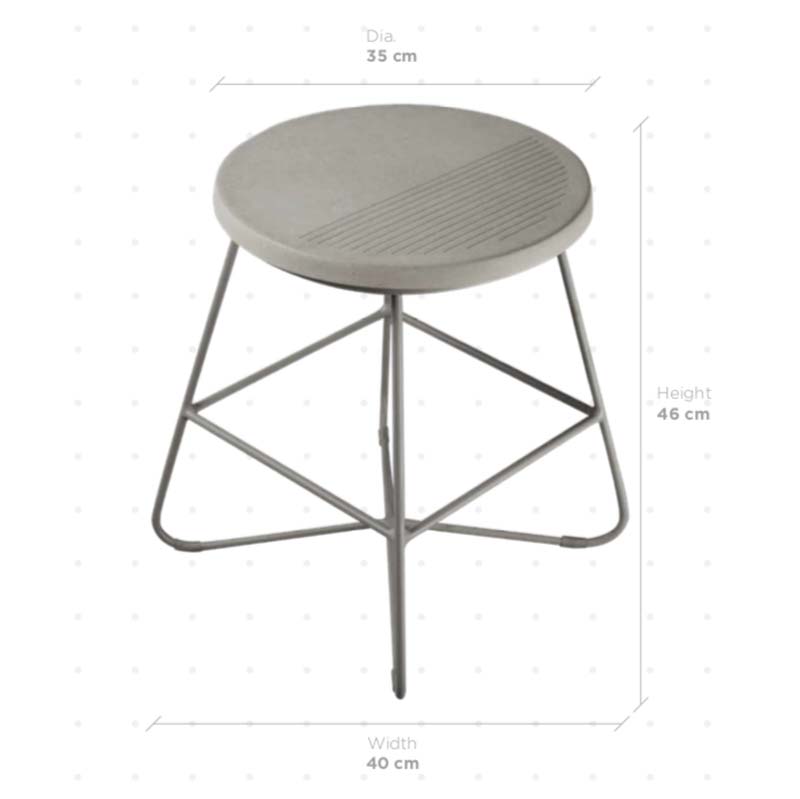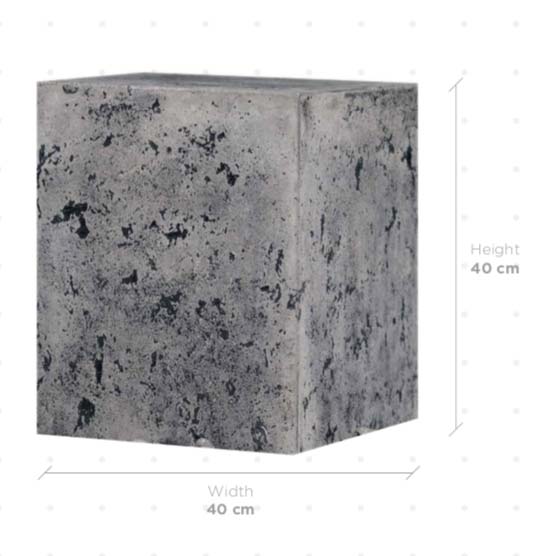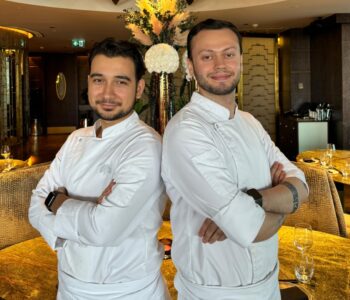One of the really difficult dilemmas for the environmentally conscious has been what to do with single-use masks. We have to use them (and maybe will need to do so for some time more) but disposal is a challenge.
Most masks are not easily decomposed or recycled (they take 450 years to degrade in nature!) and around the world, and all across Indonesia, discarded used masks are now causing a problem, as they pile up on landfill and clog rivers. More than 1,6 million disposable masks were found in Indonesia’s oceans alone by the end of 2020, this isn’t even counting another million that has ended up at landfills…
But there is a solution though the newly-launched ‘KESAN’ Program. Kesan is short for “Kresek Kesadaran” which just means a goodie bag-or in this case, a bag for doing good! The program’s main objective is to collect masks around Indonesia and upcycle them into usable products which ultimately ensures they never make it into the environment and cause harm.
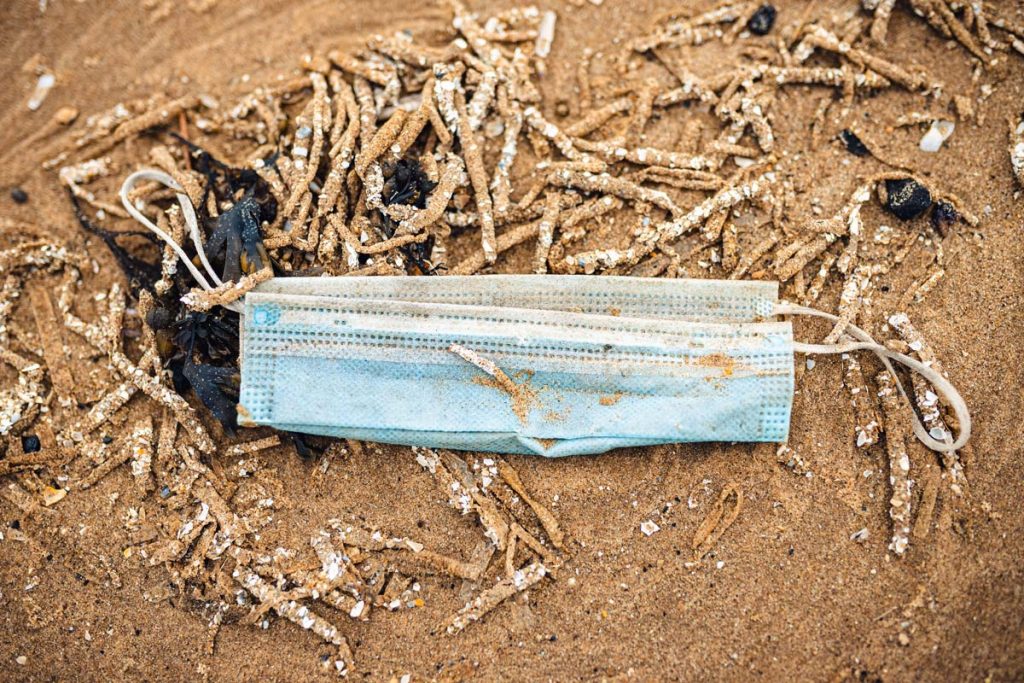
This innovative program has been created by three interested parties in Indonesia, including:
• Evoware: a social enterprise that promotes sustainability by providing plastic-free alternatives. Evoware’s mission is to innovate more biodegradable alternatives to singleware-use plastic products using seaweed and increase the livelihood of seaweed farmers in Indonesia You may have seen their edible seaweed cups go viral on the internet! [https://rethink-plastic.com/]
• Parongpong Raw Lab : a waste management company that uses community-based waste management and waste material approach, and aims to be the initiator of Parongpong Zero Waste High Performance Villages. [https://www.parongpong.com/]
• Most Valued Business (MVB) : a sustainability advocacy in Indonesia dedicated to helping organisations in recognising, improving and showcase responsible businesses by providing consultancy, knowledge, built-in program and media platform, through socially responsible management of resources and investment in sustainable practices. A subsidiary of Phoenix Communications.
How Does it Work?
Companies, groups or individuals can order a bio-degradable collection bag, i.e. the KESAN, and fill them up with used masks then send/drop them off at the NOW! Bali Magazine office. The KESAN bags that are used to collect the used masks, are made from dried cassava that make them 100% biodegradable and compostable which mean they are safe for processing and the environment.
Once masks are collected they are sent to Conture who will reprocess the masks into a very durable series of products which include: chairs, wall tiles, pots and other useful, long-lasting goods. They have produced products using cigarette butts (another un-recyclable) and will create the same using masks. This is done using hydrothermal waste treatment which enables difficult materials like cigarette butts or masks to be dissolved and then reformed to new, useful long-lasting materials.
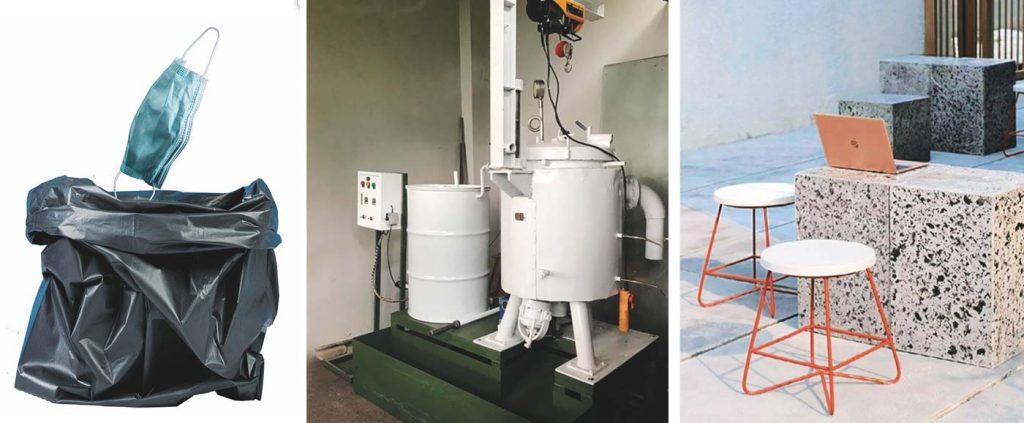
By using KESAN not only will you help to reduce the amount of waste created by single-use masks but also support local small-medium enterprises and waste management communities in Indonesia.
It’s as simple as that!
How Much Does it Cost?
Companies / groups can buy a collection of at least 10x five-litre bags, which are big enough for hundreds of masks. This pack of 10 costs only IDR 1.250.000+10%tax, which includes the cost of delivery to the factory and reprocessing to create the upcycled products. This keeps administration very simple. Individuals can order by piece on Tokopedia directly.
The pilot program starts on 18 September 2021 (World Cleanup Day) in Jakarta and Bandung and will follow up in Bali.
You can order your bags now by contacting: miranda@phoenix.co.id (Whatsapp at +6282197902642). Get involved and take a step to ensure a clean environment.
For a step by step guide you can download this leaflet: KESAN Program Leaflet & Guide

